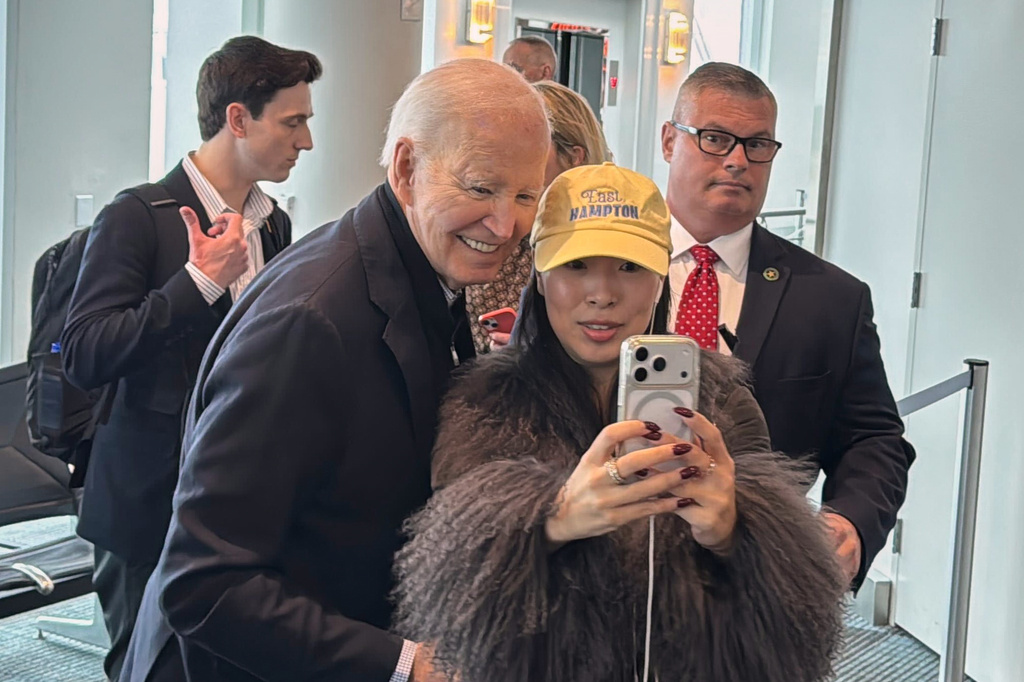Chinese leaders pushed their country's internet model this weekend to a global audience that included the heads of U.S. tech giants Apple and Google.
It's called "cybersovereignty," the idea that a country has the right to control, regulate and even censor the internet within its borders. Now, China wants the rest of the world to follow suit.
At China's World Internet Conference on Sunday, a spokesperson for President Xi Jinping said cybersovereignty is key to China's view of the future of a global internet.
Wang Huning, a member of China's powerful Politburo Standing Committee who's seen as a leading political thinker in the country, also touted the concept at the event.
He called for a "new order" to combat cybercrimes and cyberterrorism.
U.S. tech companies have faced increasingly restrained access in China. Apple recently removed Skype video chat from its Chinese app store to comply with government demands. Google, Facebook and Twitter are all banned within Chinese borders.




 China Just Banned Katy Perry And Gigi Hadid From Entering The Country
China Just Banned Katy Perry And Gigi Hadid From Entering The Country






